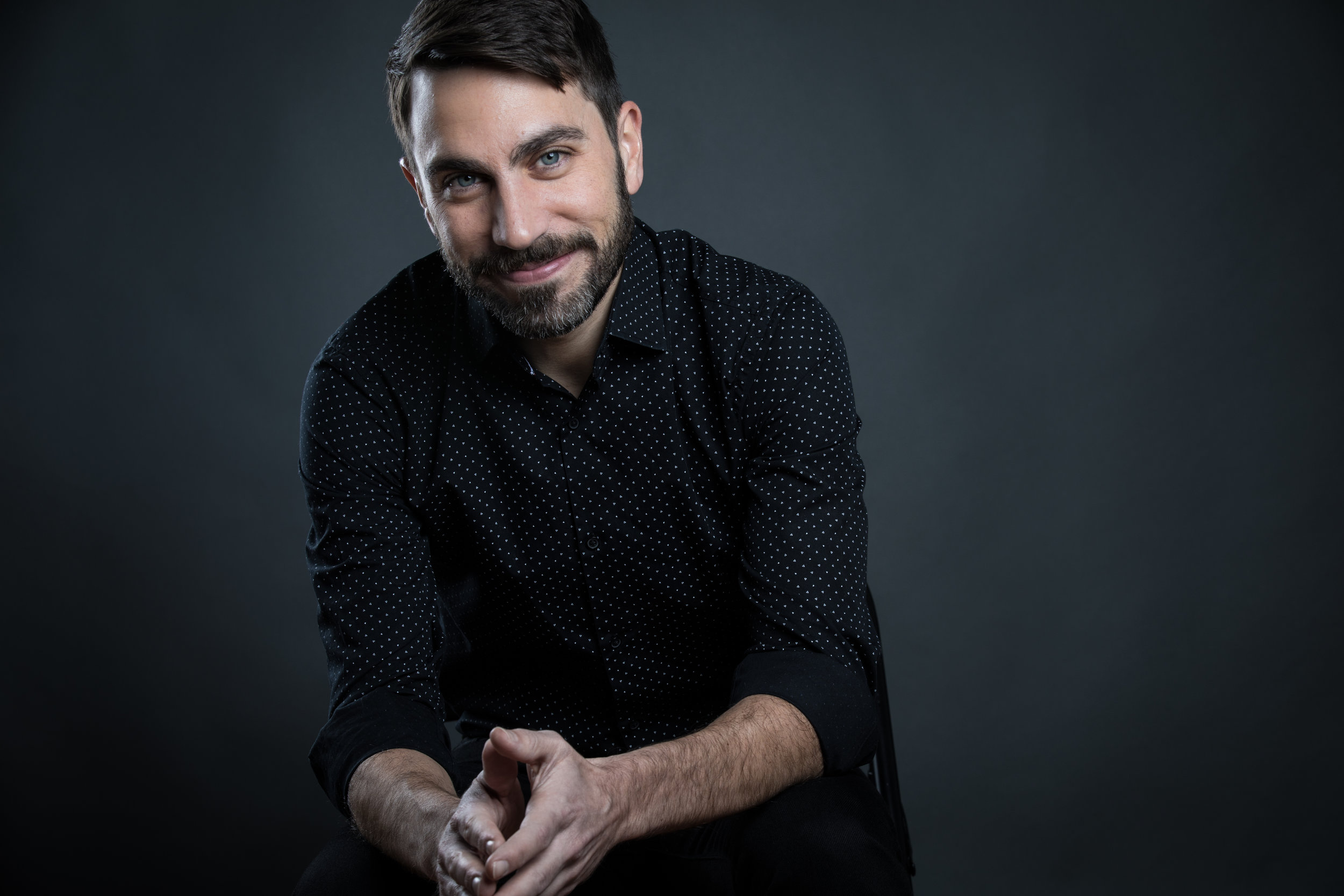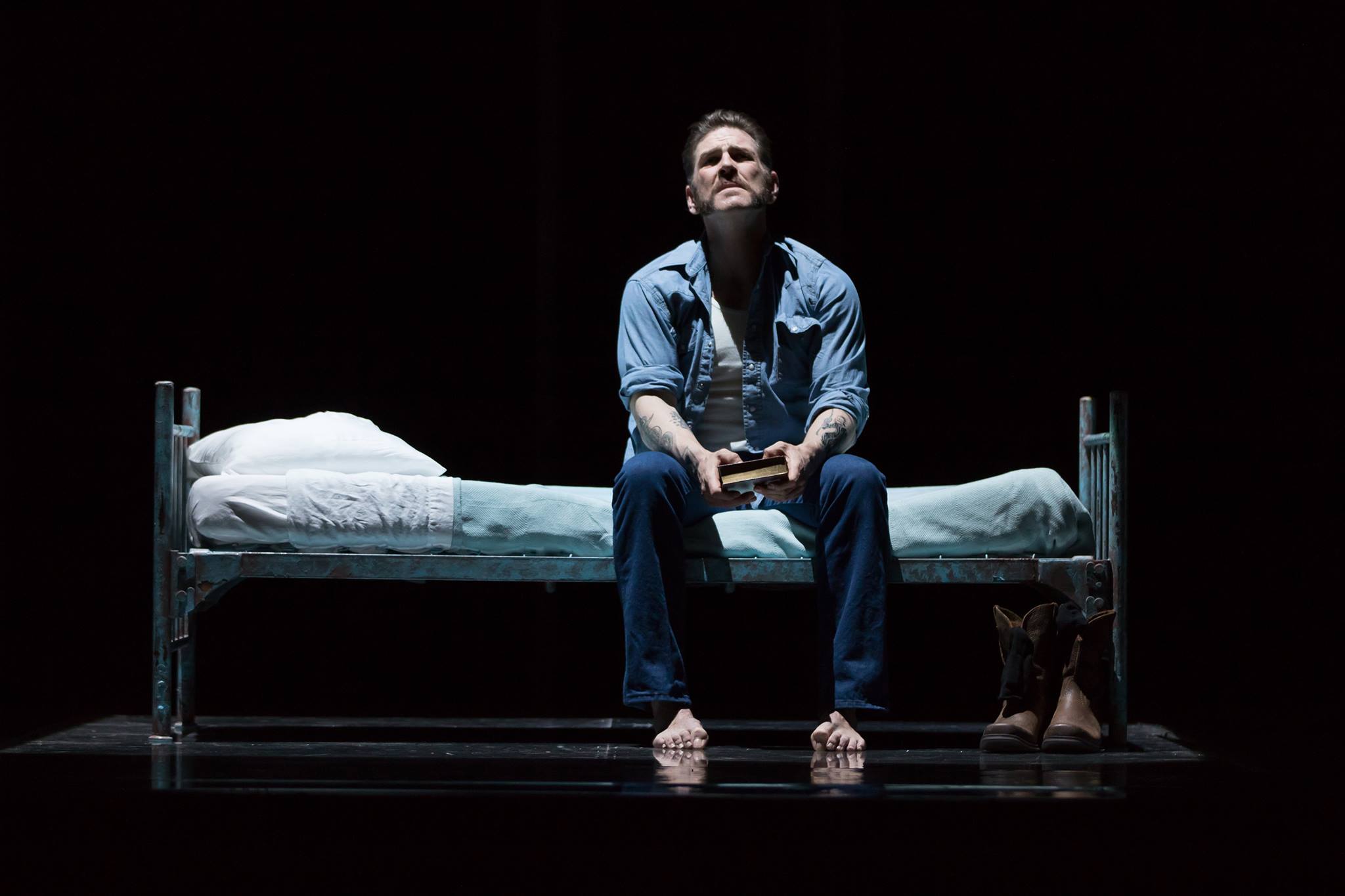Hello. Again.

2018 flew by, didn’t it? A Beast went pretty much into hibernation for the entire year. AWOL really, managing just a single post during the past 14 months (thank you for sticking around!). There were reasons for the silence of course, both personal (a marriage, a move, adjusting to both) and professional (a job with The Washington Chorus, which left me ambivalent about writing about the performing arts while watching the sausage being made). And of course there is the whole Trump shitshow, which in its own soul-destroying way is more compelling than almost anything one could see on a stage, for better or worse. So yeah, there were distractions. But let’s move forward.
I didn’t see all that many performances in 2018, and most of what I saw failed to leave a deep impression, but there were a few nights where I walked out of a hall feeling enthused and invigorated by what I’d just experienced, including:
Missy Mazzoli
Missy Mazzoli’s Proving Up at the Kennedy Center, presented by Washington National Opera’s American Opera Initiative. Apart from being a gripping new opera convincingly performed, Proving Up arrived at a point where recent works by Mazzoli, Mason Bates, Jake Heggie, Kevin Puts, and others, in tandem with efforts and initiatives by presenters like WNO, Opera Philadelphia, The In Series, West Edge Opera, Prototype and more, make the case that American opera is indeed having a moment, and the moment is gathering steam. American composers are no longer looking to Europe for inspiration, nor overly concerned with the “anxiety of influence.“ For the first time, we are witnessing the creation of a steady body of work that sounds uniquely American and tackles distinctly American subject matter. It’s an exciting moment for the art form.
Greta van Fleet
Greta van Fleet’s crushing, 70s-era retro hard rock. The (very) young band delivers a sonic sweet spot that’s at once nostalgic yet feels rooted in the present. I’d posit that latter part to youth’s refusal to be denied, but whatever the cause, they’re the most enjoyable new rock band I’ve heard in ages. And they can kick ass live.
Adam Turner, Artistic Director of Virginia Opera
Virginia Opera’s production of Kurt Weill’s Street Scene. VO took it upon themselves to exhume this once very popular show from the 1940s and made a strong case for others to do the same. Weill’s naturalistic opera is set firmly in New York City’s tenement life and bristles with energy and passion. Containing musical strands of jazz and Broadway in the first half, and going full-bore operatic in act 2, Street Scene is a hybrid between opera and musical theater, and needs to be handled as such, which seemed just beyond the reach of this particular production directed by Dorothy Danner, but the strong cast, the conducting of VO’s Adam Turner, and a strong cast made this the most pleasing operatic evening I experienced all year.
Taylor Mac
Taylor Mac proved even the reticent and conservative audience of Washington DC cannot withstand his titanic charms, though it took judy more time than it should have to win them over during an abbreviated outing of his 24 Decade History of Popular Music at the Kennedy Center last spring. Full, disclosure, I was one of the patriarchy summoned to the stage, and I loved every minute of it. Need an antidote to the current times? Taylor Mac is it.
Composer Michael Hersch
Musically, there is little I enjoyed about Michael Hersch’s “monodrama opera” On the Threshold of Water. It’s become a calling card for the singing, directing soprano Ah Young Hong, whose production opened the inaugural Corcoran New Music Festival in November. All of the work’s deliberately jarring and unsettling musical elements became an ongoing series of endurance tests inside the unfavorable acoustics of the Corcoran’s North Atrium, and I found little illuminating in Hong’s projections and choreography, but the work has a uniquely undeniable power, which is its ability to convincingly convey in musical terms the mental terror and physical aguish of being ravaged by cancer. That is an accomplishment in itself that makes Hersch’s work worth your attention. On the Threshold of Water is something I never want to experience again, but I admired its ability to expand my understanding of what music can convey.
Philip Glass
Working for The Washington Chorus, which presents its own concerts at the Kennedy Center, gave me an understanding of the challenges of filling its concert hall. During my time in DC I’ve seen such luminaries at Martha Argerich and Anne-Sophie Mutter inexplicably fail to sell out what were highly promising and accessible programs. So imagine my surprise when a performance by the Philip Glass Ensemble, (accompanied by The Washington Chorus) of Glass’ soundtrack during a presentation of Godfrey Reggio’s Koyaanisqatsi not only sold out the KC’s concert hall, but became a truly hot ticket in a town that can be enormously conservative in its musical sense of adventure. The hall was buzzing, the audience was rapt and attentive (and amazingly silent) during the entire performance, and I know firsthand the some of the performers found the experience transformational.
Performances of La Traviata at WNO and Mefistofele at the Met reinforced the musical value and personal pleasures to be had from experiencing opera produced by large companies presenting the standard rep in large halls, even if everything which truly moved me this year signaled the future of the art form lies in a different direction.
Additional high points: seeing Alfonso Cuaron’s beautifully shot Roma in a theater (fyi, the film’s title references the Mexico City neighborhood in which it takes place); Hannah Gadsby’s Nanette; the release of Tom Petty’s An American Treasure on Spotify; Mrs. Maisel’s dresses; David Remnick on The New Yorker Radio Hour podcast; Malcolm Gladwell’s Broken Record podcast; the remembrances of Philip Roth and Aretha Franklin; Esa-Pekka Salonen becoming Music Director of the San Francisco Symphony; the Women’s March in Washington, DC, January 2018.











